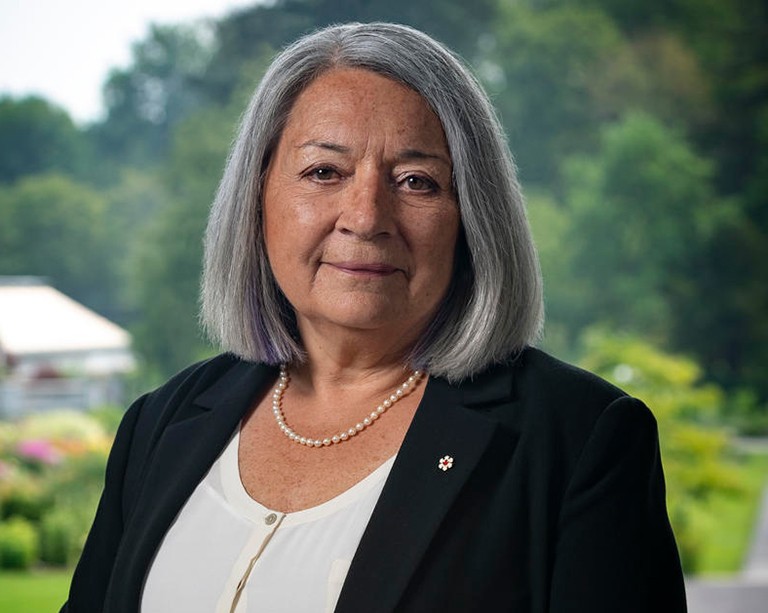This year, the program is focusing on compost education, inspired by the Waste Not, Want Not campaign. The goal is to inform students as much as possible about their options for discarding organic waste, in order to improve compost bin use across campus.
Rebecca Tittler, coordinator of the Loyola Sustainability Research Centre and the Loyola College for Diversity and Sustainability, hopes that educating the community about composting will help spread the movement and make it a way of life at Concordia. “It’s really so easy to participate,” she points out.
“As soon as we start thinking about what we throw away, we are on the way to reducing waste and consuming more responsibly. Why confine organic waste to greenhouse-gas-producing landfills when it could be recycled back into ecosystems, improving plant growth and leading to carbon sequestration and a multitude of other benefits? It’s a no-brainer.”
Change is happening
The campaign has already made headway.
Since Waste Not, Want Not launched last year, the number of public compost bins across campus has doubled, Concordia cafeterias have switched all garbage bins to compost bins, 25 new composting kitchenettes have been set up and composting has increased at events on campus.
With the help of the Facilities Management custodial team and Concordia’s environmental coordinator Faisal Shennib, the university’s organics collection has increased by 40 per cent.
“More effective triage of organic waste at the collection bins has and will continue to improve the efficiency of composting,” says Roger Côté, vice-president of Services at Concordia. “As a next-generation university, we like to lead by example.”
Student project lead Keroles Riad is pleased with this result, but says there is still room for improvement. He notes that half of what Concordia continues to send to landfill can be composted.
“A lot of work still needs to be done, and I hope that people will come out and volunteer,” he says. “Our volunteers are the beating heart of this campaign.”
This year, 24 new composting bins will be placed on campus, along with informative posters and stickers. City Farm School and Campus Potager have also been given composting units to turn food scraps and plant waste into compost. Each unit is insulated, pest-proof and can process 6.4 metric tonnes of organic material a year.
Meanwhile, Riad continues to host educational Waste Not, Want Not events across campus, including a food festival to showcase sustainable food providers. Sponsers of the event include The Hive Café, Le Frigo Vert, Kafein Café, Tullochgorum Road, T Farm and White Lightning Organic Popcorn, among others.
Find out more about Waste Not, Want Not events on Facebook and Twitter.
Check out this video created by students for the compost campaign:

 The campaign is bringing more compost bins to Concordia campus locations near you.
The campaign is bringing more compost bins to Concordia campus locations near you.


